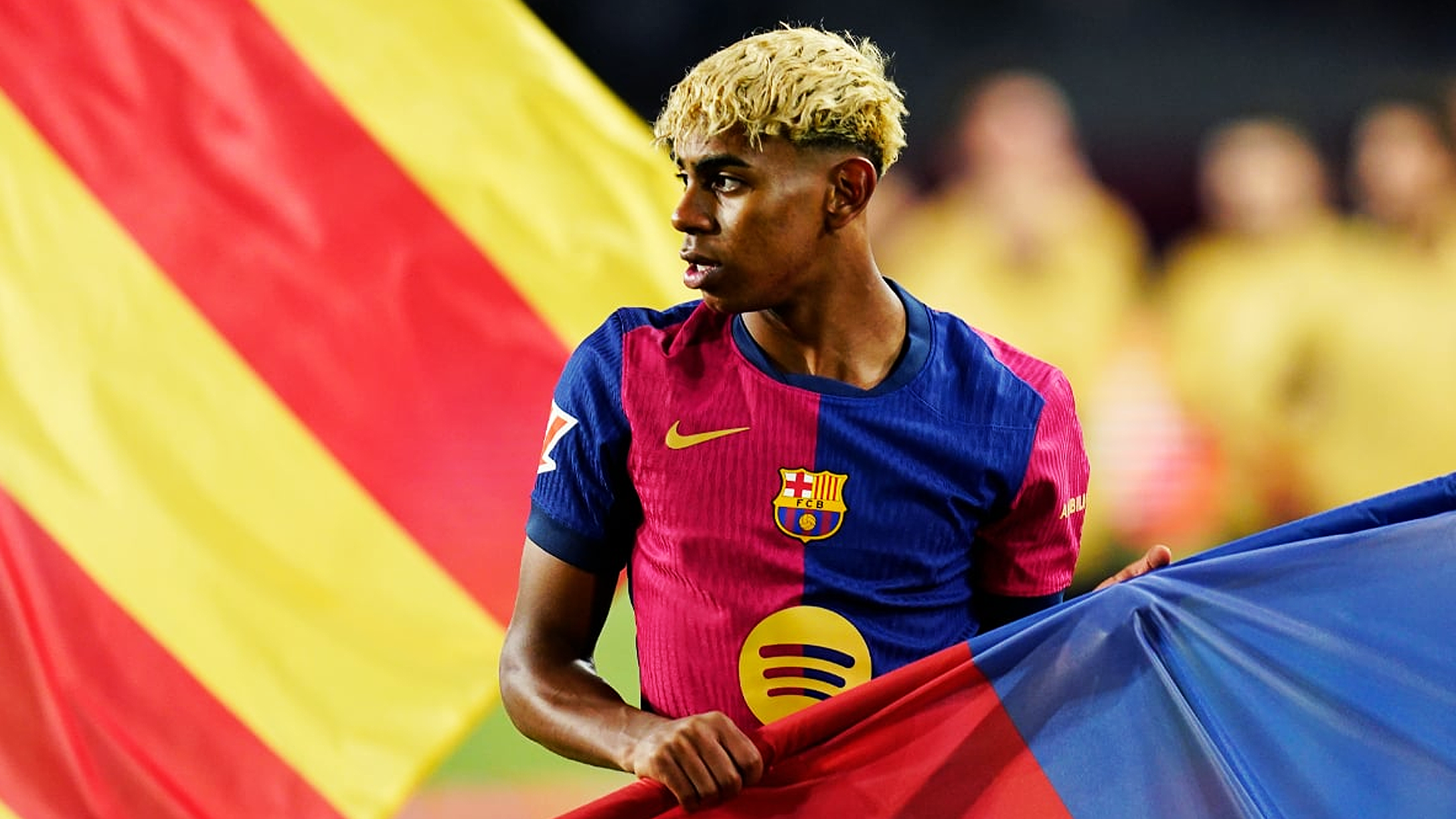The footballer is under investigation for reportedly hiring people with dwarfism for his 18th birthday party. The incident raises serious questions about disability discrimination in 2025.
When Spain’s footballing prodigy Lamine Yamal turned 18 last week, he marked the milestone in the way many young men might dream of: a luxury villa in Barcelona, and an extensive guest list of family and friends. But there was one detail that turned the celebration into a cultural flashpoint. Yamal reportedly hired two people with dwarfism to perform at the event, dressed in clown costumes.
Within days, disability rights organisations condemned the incident as ‘unacceptable in the 21st century’ with Spain’s Fundación Alpe, a leading advocacy group for people with dwarfism, stating that the entertainment choice was ‘a violation of ethical values’. The organisation has since filed a formal complaint with the Attorney General’s Office, urging an investigation into whether Spain’s anti-discrimination laws were violated.
Now, Yamal – who dazzled at Euro 2024 and is widely considered one of the brightest young talents in world football – finds himself embroiled in a legal and ethical storm. It raises fundamental questions around respect and representation. In 2025, why are people with disabilities still being used as punchlines?
The decision to feature two adults with dwarfism in ‘comic’ roles at a birthday party is not a new concept (in fact it’s an archaic one). Historically, people with dwarfism have been objectified for entertainment, from medieval courts to Victorian freak shows, and later, Hollywood comedies that cast dwarf actors as visual gags.
What makes this particular case so jarring is that it’s unfolding in an era where public discourse around representation has never been louder.
The Association of People with Achondroplasia and Other Skeletal Dysplasias with Dwarfism (ADEE) is vowing to take legal and social action against behaviour that they consider to be intolerable because it perpetuates stereotypes, fuels discrimination, and undermines the image and rights of those with achondroplasia or other skeletal dysplasia, as well as all people with disabilities’.
New footage of the ‘party dwarves’ paid to attend Lamine Yamal’s 18th birthday has emerged 🚨 pic.twitter.com/YJmlXaGhQV
— Mail Sport (@MailSport) July 16, 2025
Whether or not that was Yamal’s intent is beside the point. Disability is not a costume. And as disability campaigners have made clear, ‘comic’ employment of this nature – particularly when it plays on exaggerated tropes – is not a harmless gig; it’s a form of structural discrimination.
This controversy arrives at a time when football is already reckoning with its responsibility to uphold basic social values. Yamal is not the first player to be called out for off-pitch behaviour, but this is one of the few instances where the issue at stake is not violence or misogyny.
However, Spanish radio has since broadcast an interview with someone claiming to be one of the performers at Lamine’s party, and they’ve come out in defense of the footballer.





















